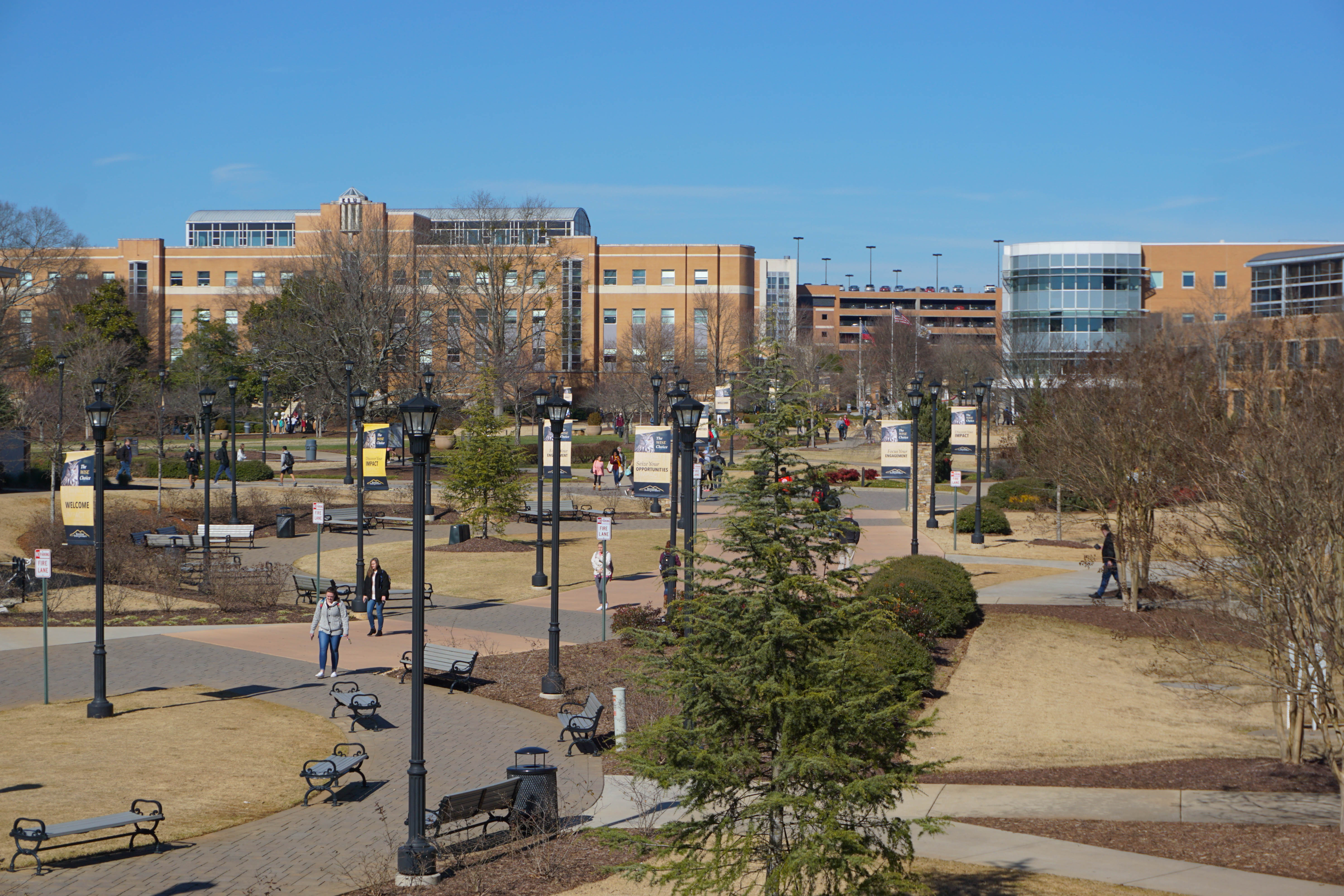The debate surrounding the payment of college athletes is a complicated one that is shrouded by corruption and misguided mindsets. Paying student-athletes will not help them when they go into the general workforce after college.
Student-athletes receive scholarships for playing sports that they excel at and enjoy, while most other students struggle with debt accrued from student loans. While the prospect of scholarships may sound promising, the reality is that very few students who earn athletic scholarships will move forward to professional sports.
Often times, student-athletes tend to rely on scholarships as a means of going to college, which creates a false promise of instant gratification. On one hand, it is the fault of the student-athletes for choosing to ignore academics in high school, but it is also the fault of coaches and the NCAA for not preparing student-athletes for a life in the general workforce away from sports.
At the same time, it is the responsibility of coaches to not shower student-athletes with expensive amenities and to instead teach them life skills and to focus on academics.
Education is the most important factor in maintaining a stable future, and this idea should be expressed to all student-athletes, even if that means scaling back the intense practice sessions that are harmful to both the body and grades.
According to Amanda Riley of New York Times, mixing school and sports can “tempt kids into believing that it is O.K. if they don’t like math or writing — that there is another path to glory.”
Even though many high school students want to become professional athletes, a majority of college athletes do not go on to play professional sports. According to the NCAA, only about two percent of college athletes end up playing at the professional level.
Many student-athletes receive partial, if not full scholarships, to play sports for their university. These scholarship amounts can cover all of their tuition along with room and board in some cases. According to the website for college scholarship statistics, colleges and universities in the U.S. awarded about $4 billion in athletic scholarships in 2017 alone.
There is no doubt that student-athletes are being taken advantage of by the NCAA and that the fancy and expensive amenities afforded to them by their schools is a way of avoiding paying wages.
It is argued that athletes deserve to be paid for their labor, but that does not help them prepare for the possibility of not playing professional sports. In fact, it makes them think that they will.
Paying students on top of their athletic scholarships would be a considerable amount of money going towards the compensation of college athletes. In place of compensation, student-athletes should be given opportunities to prepare for the lives they will lead after college, which is very likely to be a life outside of sports.



